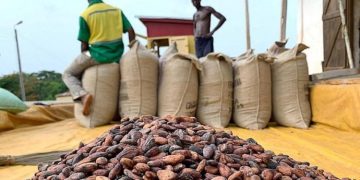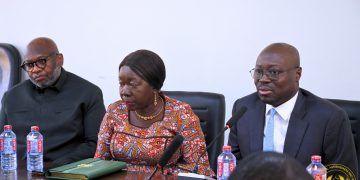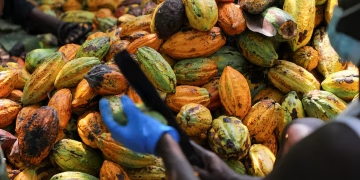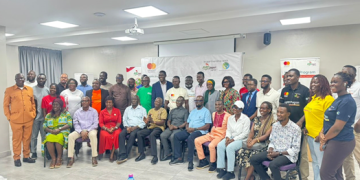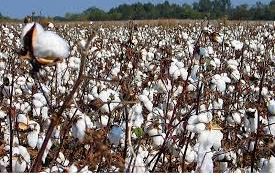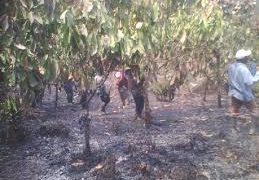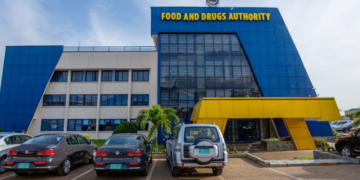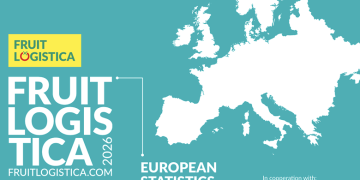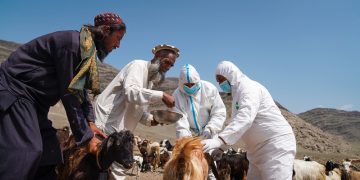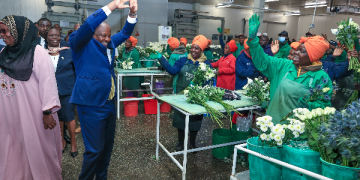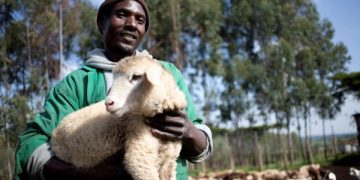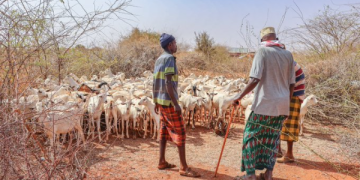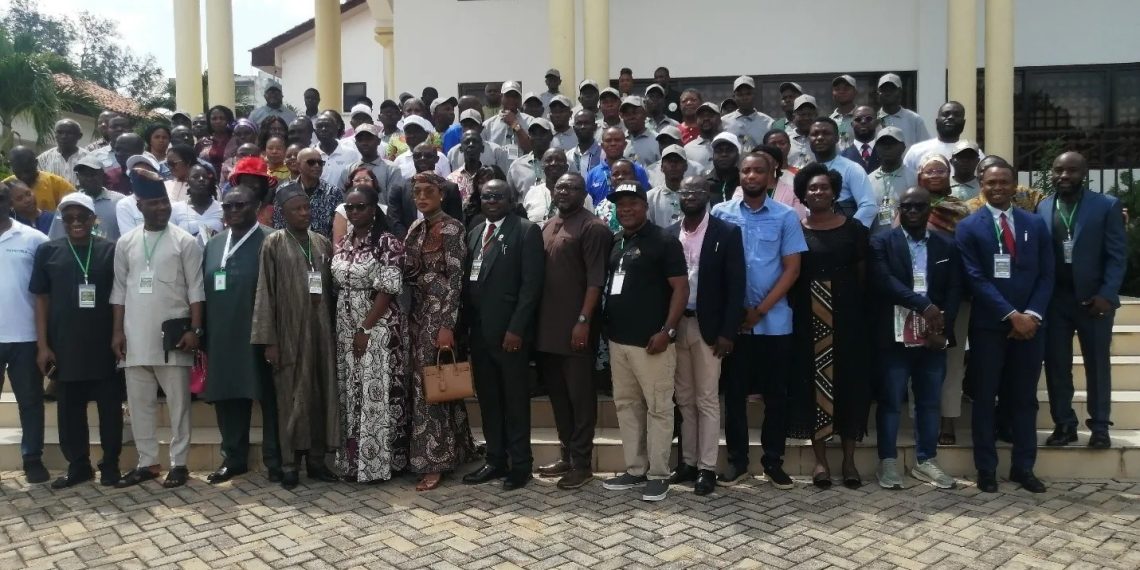Calls for a new direction in how global cocoa policies are discussed and decided dominated the African Cocoa Summit & Awards 2025, with stakeholders urging that major conversations about the commodity be moved from Europe to Africa where the crop is grown and farmers live.
They stressed that, conversations about the future of the cocoa industry must be led by those who produce the beans and face the sector’s real challenges.
Speaking at the summit, Ghana’s Country Director of Cocoa Farmers Alliance Association of Africa (COFAAA), Nana Yaw Reuben Jr said, it was time for the continent to lead its own cocoa narrative. He explained that decisions that affect millions of smallholder farmers are too often made in European capitals instead of on the continent where cocoa is produced.
“It is time for producing countries in Africa to lead the conversations and shape decisions that directly affect their livelihoods. You cannot hold cocoa talks in Europe and expect Africa to benefit fully. Cocoa must be known as an African commodity, not European one, ” he said.
The two-day summit, held at the University of Ghana, Legon, was organised by COFAAA in partnership with the Cocoa Roundtable Initiative (CORI) and other global stakeholders. It was themed “Building Sustainable Africa Cocoa Ecosystem: Unlocking Economic Potentials, Driving Inclusive Growth.”
It assembled farmer associations, processors, policymakers, development partners, and civil society groups to discuss ways to build a fair and sustainable cocoa sector that benefits producers as much as manufacturers and traders.
The current global cocoa system is heavily tilted in favour of multinational processors, manufacturers, and retailers who capture the largest share of profits. According to data shared at the summit, six multinational companies control more than 80 percent of the global chocolate market. While farmers receive about 6 percent of the value of a chocolate bar, processors and traders take up to 40 percent, and manufacturers and retailers share the rest.
This imbalance, participants noted, has led to low farmer incomes and several social challenges, including child labour, smuggling, and rural poverty. It has also slowed efforts to build local processing industries and create decent jobs in cocoa-growing regions.

Global President and Founder of COFAAA, Mr. Adeola Adegoke, in a post-event media engagement said, the time has come for deliberate policies and investments to change this situation.
He lamented that many farmers in Africa have never seen or tasted chocolate, the finished product of their own labour, adding that- domestic consumption and value addition remain low. “If we do not teach our people to consume cocoa products, we will keep exporting raw beans and importing finished goods,” he said.
He therefore called on the continent’s governments to design policies that promote value addition, affordable credit, and investment in local processing. He said governments should also consider tax reliefs and other incentives to make local processing more attractive and competitive.
Adegoke further encouraged public campaigns to promote cocoa consumption through education, school feeding programmes, and national marketing initiatives. He noted that a strong domestic market would help stabilise prices and reduce overdependence on international buyers.
The summit ended with a joint commitment from organisers and stakeholders to keep pushing for African-led cocoa policies, greater value retention within the continent, and a fairer distribution of profits across the global cocoa value chain.















